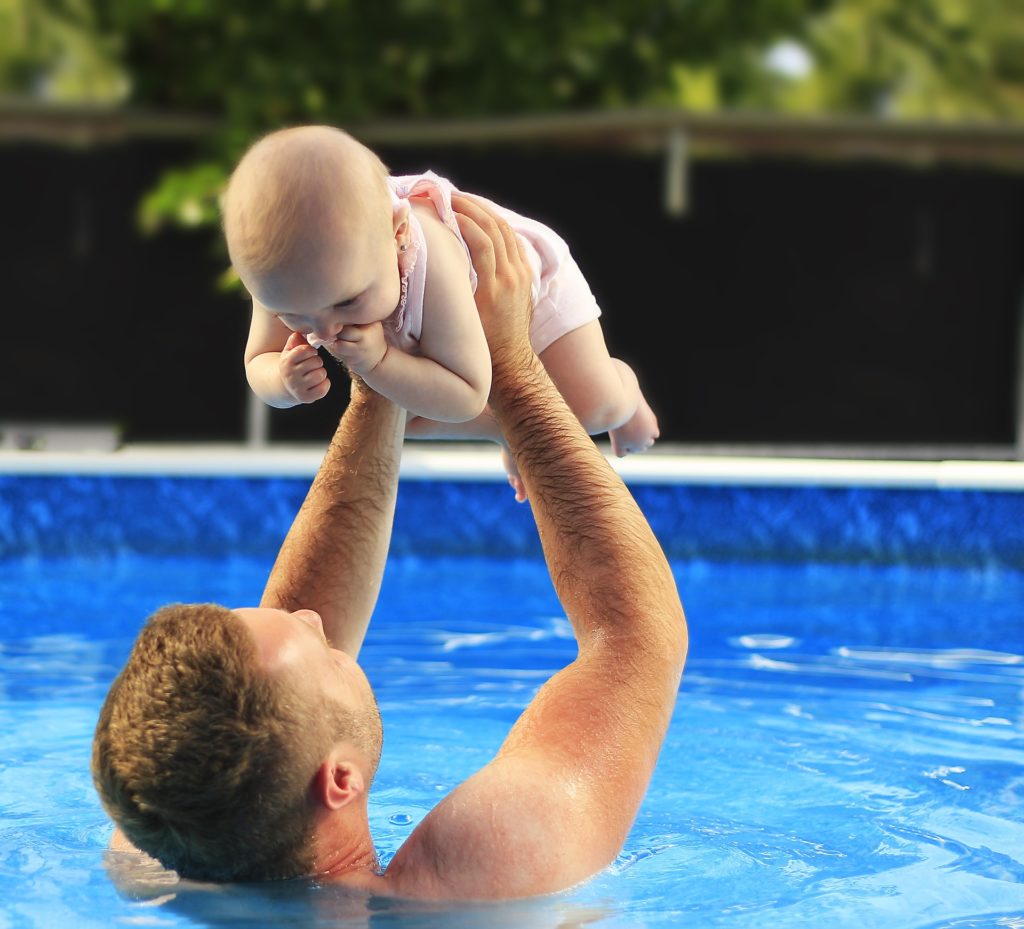There are numerous things that you have to know about your pool and its maintenance. Sometimes, it can be overbearing but the pleasure of swimming in it is more than enough to compensate. In order to protect yourself and your loved ones, you should take a number of precautionary measures before you decide to enter the pool. Here are some tips that will help you do it.
Handling electrical devices
When we think about a pool, we usually think about the pleasure of entering the water and swimming all day long. But, that same water can be a death trap. In other words, we rely on electric equipment that helps clean, heat and light the pool and area around it. The list includes things such as pumps and filters. If not used correctly, it can easily lead to injury and even fatality.
These are some basic tips that will help you with the equipment
- Do not use extension cords or any electric devices near the pool
- Always turn off the pump when entering the water
- Do not put an aluminum vacuum handle into the pool
- Do not swim during a storm
Potential issues with suction drains
Another potential issue can come in a form of a drain. It is not strange for people to be sucked in by them. In some cases, it can even end in death. In order to prevent such a thing, avoid pools that have missing or broken drain covers. Besides that, you can always get a safety vacuum release system that will shut off the pump if you get stuck. This is a good failsafe system that can save lives.
Regardless, you should check the cover from time to time. If you do not know what to look for, you can ask professionals for assistance. Another good method of preventing accidents is to keep your hair under a cap. Numerous accidents have occurred due to hair getting stuck in a drain.
Dangers of chemicals
Like any humid environment, pools are a great breathing ground for algae, fungi, bacteria and mosquitoes. In order to stay safe, you will have to clean your pool regularly. Best way to go about it is by using chemical products such as chlorine.
Have in mind that such volatile substances have their drawbacks. You need to be very careful when using them because they can lead to various types of injuries.
Naturally, you should avoid digesting them or inhaling their fumes. Things such as chlorine are highly flammable. Because of this, you will have to be very careful not to mix them with other chemicals or other types of chlorine products.
Most of the accidents happened due to improper handling or improper storing. Sometimes, the chemicals may spill near the pool, which may endanger your family as in penetrates the ground. This can lead to severe contamination of the soil. In some cases, the issue may happen because the chemical didn’t dissolve properly. Anyway, no matter what you do, start the process by reading the instructions provided by the manufacturer. If you are not certain, you can always call a pool company to help with cleaning your pool.
How to properly store chemical products
Here are some pointers that will help you store the chemicals
- First and foremost, keep them away from children and pets
- Do not remove them from original containers and keep the container closed
- Put them in a cool and dry place, which is properly ventilated
- Never store oxidizers, gasoline, grease, paints, tile cleaners, flammable material, herbicides and acids near pool products. In fact, it is best if you find a secluded place far away from other volatile products
How to properly handle chemicals
Here are some pointers that will help you handle the chemicals
- Start by reading manufacturer’s instructions. Some products have special instructions. It is better to educate yourself ahead of time
- Use protective clothing when handling chemicals
- Do not mix them with unknown liquids or volatile substances
- When mixing a product with water, adhere to manufacturer’s instructions
- Use different measuring cups and containers when handling and mixing chemicals. If the chemical spills from the container, you mustn’t return it back
- Avoid exposing chemicals to any source of heat
Even with all the precautionary measures, accidents may still happen. Depending on a type of chemical and the way it entered your body, you will require different treatment. If the chemical enters your mucous membrane (such as eyes) or if it falls on your skin, you should wash it away with water. Any type of inhalation or indigestion should be immediately addressed by calling 911.
Manufacturers also put instructions that should help you with unfortunate accidents. If you are not certain what to do, you can start by reading the instructions and acting accordingly.


